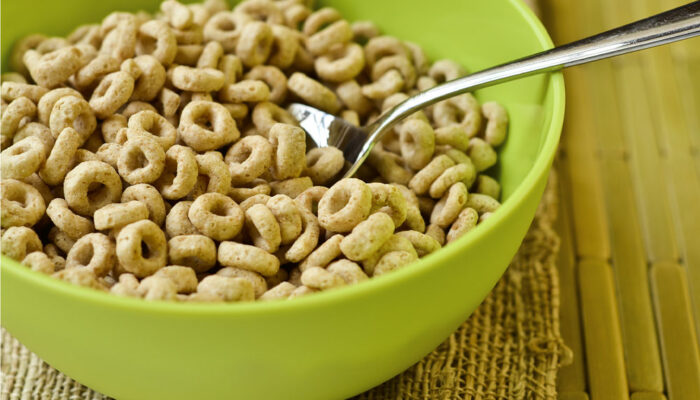
health
Managing Constipation – Foods to Eat and Steer Clear of
If you are experiencing uncomfortable, sometimes even embarrassing, and often painful symptoms of constipation, you’re likely looking for ways to overcome it. For this, an essential part of managing your constipation is understanding what foods trigger the condition or worsen its effects. This article will explore which foods are beneficial and which should be avoided during a bout of constipation. Read on for quick (long-lasting) relief remedies to ease constipation-related discomfort. What leads to constipation? Constipation is when bowel movements become hard, less frequent, and difficult to pass. It may happen due to the following reasons: Inadequate fiber intake A lack of fiber in the meals can make it difficult for stool to move through the intestines. Dehydration When the body doesn’t get enough water, it can lead to hard, dry stools that are difficult to pass. Lack of physical activity Exercise helps stimulate the intestines’ muscles, promoting regular bowel movements. Health conditions Certain conditions, such as irritable bowel syndrome (IBS), thyroid problems, and diabetes, can contribute to constipation. Changes in routine Travel, meal plan changes, sleeping schedules, and other disruptions to your daily routine can all contribute to constipation. To help prevent/manage constipation, you must maintain a healthy meal plan that includes plenty of fiber-rich foods, drink plenty of water, and engage in regular physical activity.
Read More 








